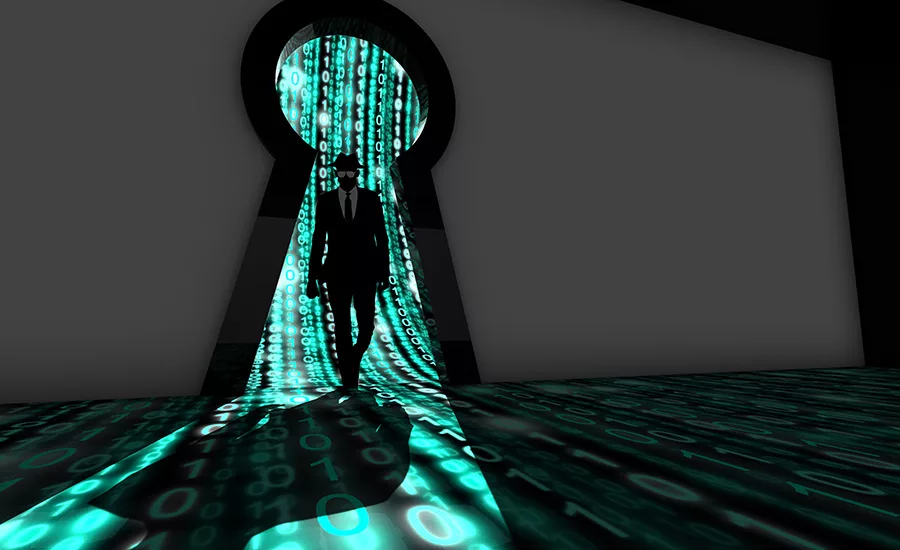Survey shows increase in cyber attacks on consumers

A survey by HSB, part of Munich Re, shows a continuing increase in identity theft, cyberattacks and online fraud as criminals steal personal information and millions of dollars.
“Americans are more connected than ever, linking all types of devices and systems to the internet,” said Timothy Zeilman, vice president for HSB, a provider of cyber insurance and services. “That gives criminals new opportunities to target individuals at home and on public Wi-Fi networks.”
The HSB survey conducted by Zogby Analytics found that 77 percent of consumers were very or somewhat concerned about online identity theft. Almost as many were concerned they could be hacked or have their personal data stolen while shopping on a public Wi-Fi connection.
Those fears were reflected in the nationwide survey results.
The number of consumers who said their identities were stolen increased to 23 percent, up five percent over similar HSB surveys in 2018 and 2016. Victims spent an average of 27 hours to monitor their credit and correct personal information.
One-third of consumers (34 percent) said they had experienced a cyber-attack. A computer virus or other malware was the most typical damage (72 percent) and 59 percent of consumers spent more than $500 to respond.
Almost a quarter of consumers (23 percent) had their email or social media accounts interfered with, taken over, or used by an unauthorized person, continuing a slowly rising trend.
Although ransomware attacks were steady (11 percent), victims were more likely to pay criminals to unlock their data or keep it private. About half said they paid the ransom, in most cases $2,000 or less, compared with about one-third in the earlier surveys.
Online consumer fraud nearly doubled from previous HSB surveys to 16 percent of individuals, who said most of the crimes were committed through payment services (48 percent), online auctions (21 percent) and dating websites (20 percent).
More than half of fraud victims lost over $500 and a third lost more than $1,000.
Looking for a reprint of this article?
From high-res PDFs to custom plaques, order your copy today!


